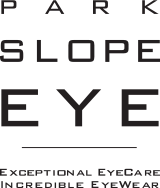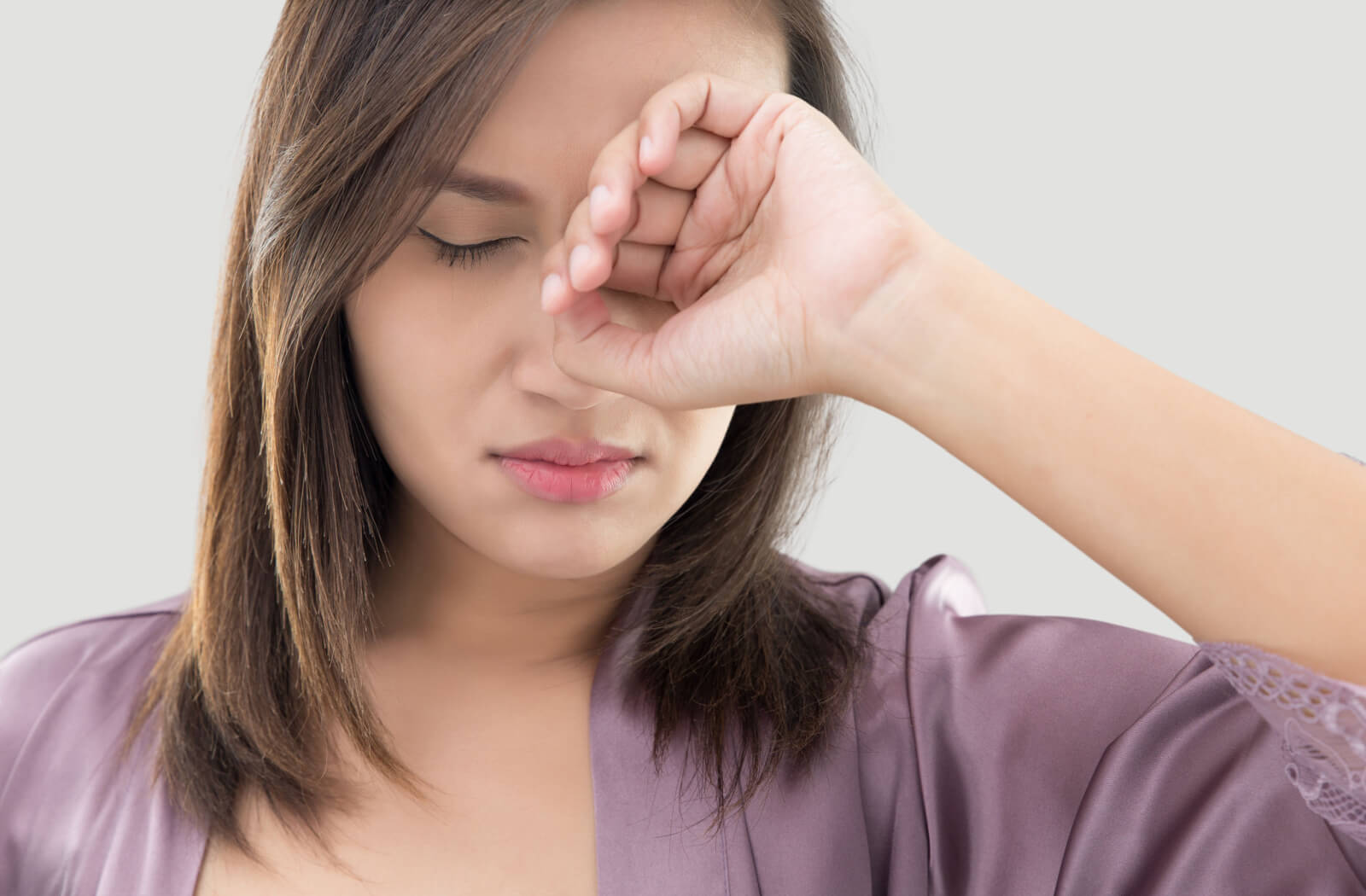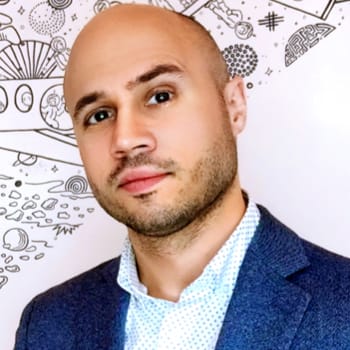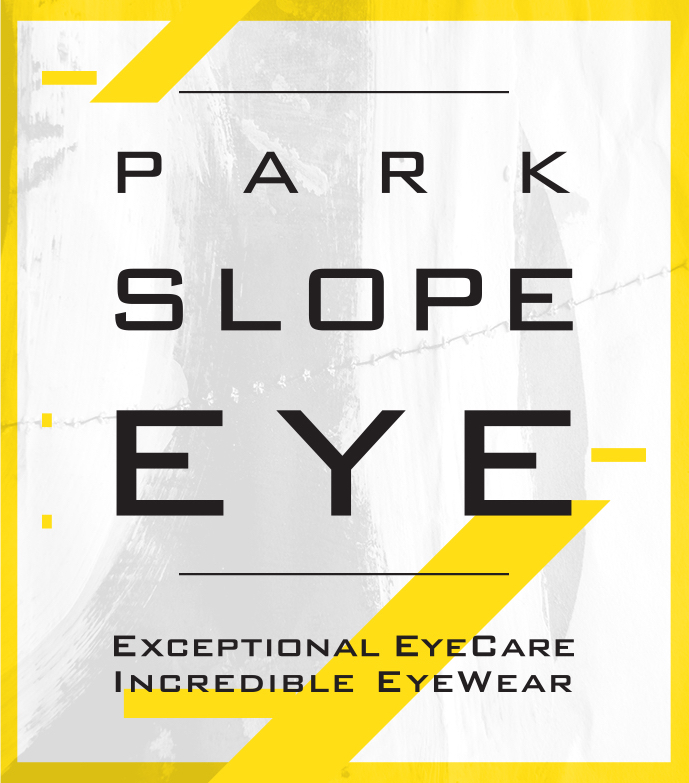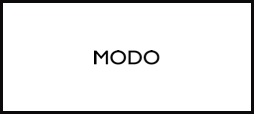Millions of Americans live with the uncomfortable symptoms of dry eye disease. With Americans also reporting overwhelming stress levels, it might cause you to wonder if stress can affect your physical health—specifically dry eyes.
A recent study revealed an interesting connection between stress and dry eyes—stress doesn’t cause the condition, but it can make the symptoms worse.
By considering a condition’s cause or triggers, we can implement strategies or preventative measures to minimize it. This article explores the connections stress has to dry eyes and how we can try and prevent it.
What Is Dry Eye?
Dry eye disease is a chronic condition, typically called dry eye. As the name implies, the primary symptom is dry eyes. There are 2 major subtypes of the condition: evaporative dry eye and aqueous deficiency dry eye.
Evaporative dry eye is when the meibomian glands don’t produce enough oil for the tear film. This lack of oil causes your tears to evaporate too quickly, leaving your eyes irritated and dry. Meibomian gland dysfunction (MGD) is one of the leading causes of evaporative dry eye.
In contrast, aqueous deficient dry eye is where the eye doesn’t produce enough liquid for the tear film. The film cannot keep your eyes properly lubricated without an adequate volume of tears.
Common Symptoms
There are several common symptoms that people with dry eye may experience, including:
- Irritation
- Feeling like something is in your eye
- Watery eyes
- Red eyes
- Blurry vision
- Eye fatigue
- Light sensitivity
- Mucus discharge
- Trouble wearing contact lenses
- Worsening night vision
If you’re experiencing any of these symptoms, they should clear up with home remedies. But if you have prolonged symptoms, you should see your eye doctor for an examination. They can check if any underlying issues are causing your dry eyes.
Dry Eyes & Stress
In 2019, a study revealed a connection between stress, sleep and dry eye. Researchers discovered that poor sleep quality might play a role in the development of dry eye disease by indirectly aggravating stress. A lack of sleep can affect your physical health, including your eye health.
Interestingly enough, the study also demonstrated that dry eyes could contribute to an increased risk of sleep issues, depression, and anxiety.
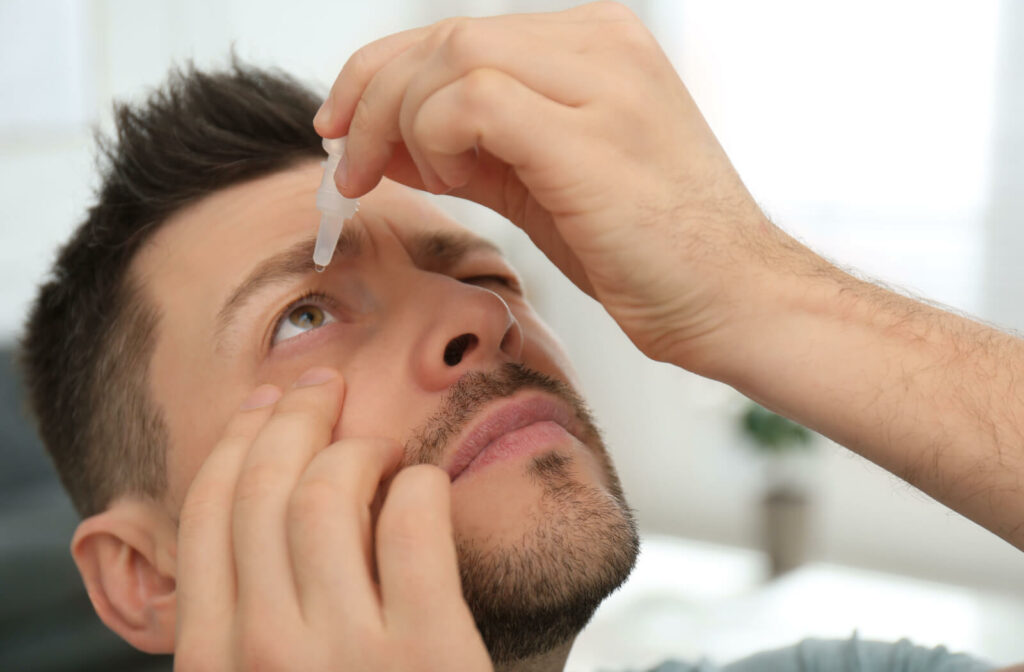
Treating Dry Eye
Dry eye isn’t a condition that has a permanent cure. Treatment typically revolves around symptom management or treating the root cause.
Lubricating eye drops are typically the first line of treatment. In addition to eye drops, your optometrist may prescribe a topical medication to reduce inflammation, stimulate tear production, or fight infection.
If MGD is the cause of your dry eyes, manual stimulation, a heating mask, or intense pulsed light therapy could bring relief. Punctal plugs are another treatment that can help prevent tears from draining from your eye too soon.
Untreated Dry Eye
In most cases, dry doesn’t result in any serious or permanent damage. But if severe dry eye is left unchecked, it can lead to some more severe complications, like:
- Damage to your cornea. Without your tears to lubricate your eye, you run the risk of your cornea getting scratched. Sores called corneal ulcers could also develop.
- Infection. Infection isn’t a common complication of dry eyes, but the tear film is responsible for helping protect your eyes from germs, in addition to lubricating them. If this film is compromised, the chance of infection goes up.
- Discomfort. Minor cases of dry eye may resolve themselves without much treatment. But if they are left untreated and worsen, the discomfort typically worsens, too.
Dry Eye Prevention
Dry eye disease can be caused by various triggers. For example, you may start noticing symptoms flaring up when stressed at work and not sleeping well. Dealing with this root cause can often help bring the desired relief.
Some dry eye prevention tips include:
- Eating a healthy, balanced diet with lots of Omega-3 fatty acids and vitamin A.
- Keeping a humidifier in your bedroom, home, or office.
- Making an effort to blink more often when doing tasks that require focus.
- Wearing contact lenses as directed and care for them properly.
- Taking breaks during prolonged close-up tasks.
- Paying attention to screen positioning and posture when using computers.
Discuss Your Dry Eyes With Your Optometrist
It’s hard to look your best when your eyes don’t feel their best. Whether you’re dealing with chronic dry eyes or get the occasional flare-up over allergy season, help is available.
Reach out to us today. Park Slope Eye’s professional team can answer your questions and book you an appointment with one of our optometrists.
